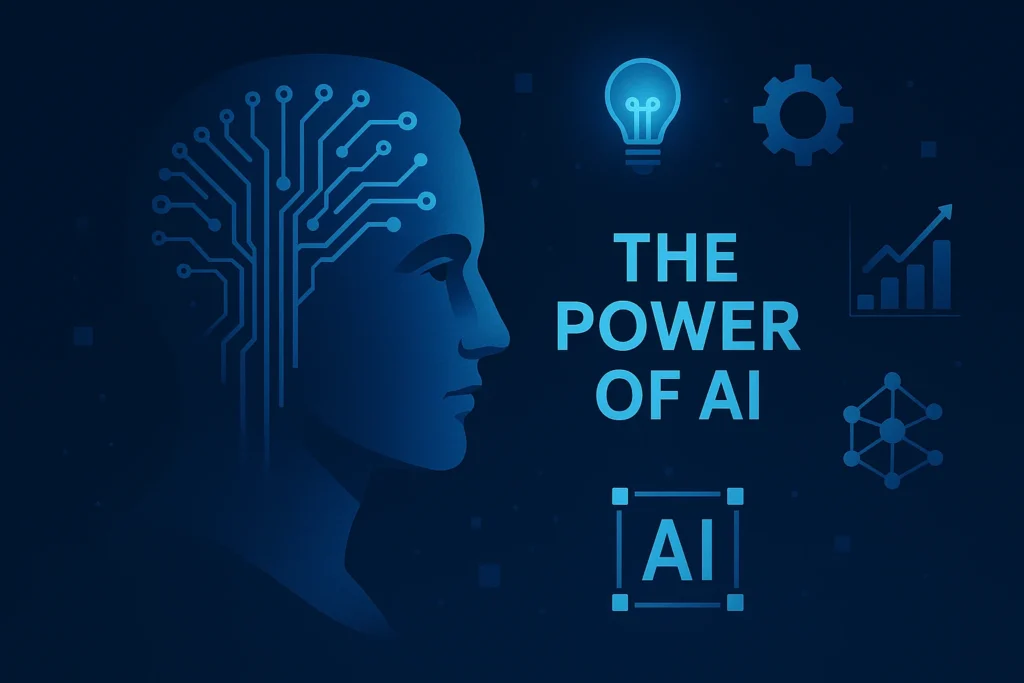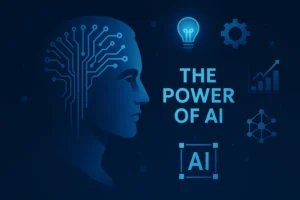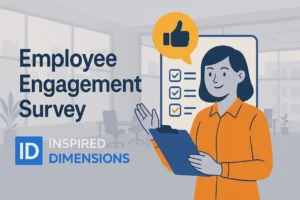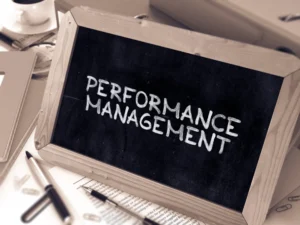Artificial Intelligence (AI) is revolutionising Human Resources (HR) by enhancing decision-making, streamlining processes, and offering personalized employee experiences.
AI automates tasks like resume screening, interview scheduling, and payroll processing, allowing HR professionals to focus on talent development and strategy. It also provides valuable insights from workforce data for predictive modeling on turnover, skills gaps, and future talent needs.
In performance management, AI enables real-time feedback and tracking, aligning individual goals with organizational objectives. It also recommends tailored training paths based on roles and interests in learning and development, promoting growth and agility.
AI helps ensure fair hiring and promotion decisions by identifying and mitigating unconscious bias, provided it’s used responsibly. HR leaders who adopt AI will better create adaptive, data-driven, and people-focused organizations.
AI in HR doesn’t replace human judgment; it enhances it with smarter tools and deeper insights.
Why AI now?
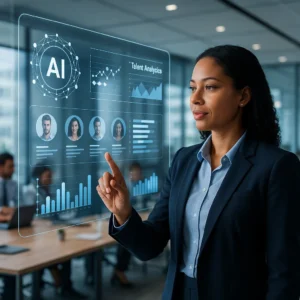
Mainstream Momentum: Over three-quarters of global companies are already using AI in at least one business function. HR is one of the areas seeing significant cost reductions from generative AI deployments.
Strategic HR Involvement: A large majority (92%) of HR leaders are directly involved in their organization’s AI initiatives. However, only 28% have started rolling out generative AI tools, indicating a significant execution gap that HR can address.
Skills Pressure: Employers worldwide rank AI and big-data expertise as the fastest-growing skill cluster through 2030, positioning HR at the center of a substantial reskilling effort.
High‑impact HR use‑cases for AI
| HR Domain | AI Applications | Business Pay‑off |
|---|---|---|
| Talent Acquisition | Programmatic sourcing, résumé analysis, interview‑scheduling chatbots, predictive quality‑of‑hire scoring | 62 % of recruiters optimistic about AI; faster JD writing and time saved for strategic tasks |
| Onboarding & Employee Services | Conversational assistants for policy Q&A, IT/desk setup, paperwork processing | IBM reports real‑time HR support, freeing staff for value‑added work |
| Learning & Development | Skill‑gap analytics, adaptive learning paths, micro‑coaching nudges | Aligns development with future‑of‑work skill maps |
| Performance & Engagement | Sentiment analysis on pulse surveys, real‑time dashboards, personalised recognition prompts | Managers spend less time on manual data and more on feedback |
| Workforce Planning & Analytics | Scenario models combining HRIS and labour‑market data | Organisations redesigning workflows around gen‑AI record largest EBIT impact |
| Diversity, Equity & Inclusion | Bias‑detection in job ads, pay‑equity analytics, anonymised screening | Supports compliance and strengthens employer brand |
Implementation roadmap
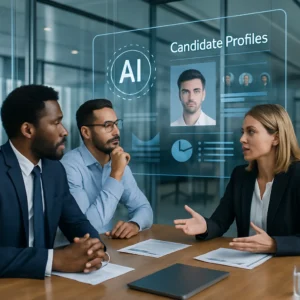
- Choose value-backed use cases: Focus on issues like high agency spend or slow onboarding, and pilot AI solutions with clear ROI.
- Clean and govern your data: Implement an HR-IT data steward model, documenting lineage, accuracy, and retention.
- Integrate responsible AI controls: Apply fairness checks and human-in-the-loop reviews before deploying any employment-related model.
- Upskill the HR team: Provide micro-learning on prompt engineering, data literacy, and ethical risk assessment.
- Iterate and scale: Record pilot outcomes, refine processes, and expand to related HR areas.
Common pitfalls to avoid
 Shiny‑tool syndrome: Deploying AI without a clear problem statement leads to low adoption and trust issues.
Shiny‑tool syndrome: Deploying AI without a clear problem statement leads to low adoption and trust issues.
Data bias blind spots: Historical HR data may contain legacy bias that algorithms amplify if unchecked.
Insufficient change management: Employees fear “robots replacing jobs.” Communicate that AI augments humans rather than replaces them.
The strategic payoff
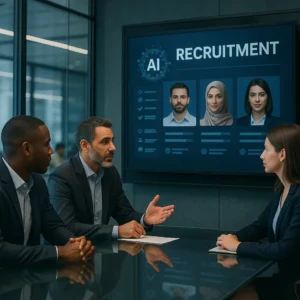 AI helps HR shift from administrative tasks to strategic value creation by reducing routine workload, improving talent decisions, and providing personalized employee experiences at scale.
AI helps HR shift from administrative tasks to strategic value creation by reducing routine workload, improving talent decisions, and providing personalized employee experiences at scale.
Our Thoughts
AI is crucial for modern HR, enhancing recruitment, performance management, and personalized employee experiences. It helps HR make faster and fairer decisions.
Adopting AI involves balancing technology with ethics and human insight. HR leaders must ensure transparency, address data privacy, and prevent algorithm bias to build trust.
AI augments HR rather than replacing it, turning HR into a strategic partner in shaping culture, capability, and competitive advantage. The future of HR is intelligent and human-centered.
Glad to hear your views in the comments section below.

